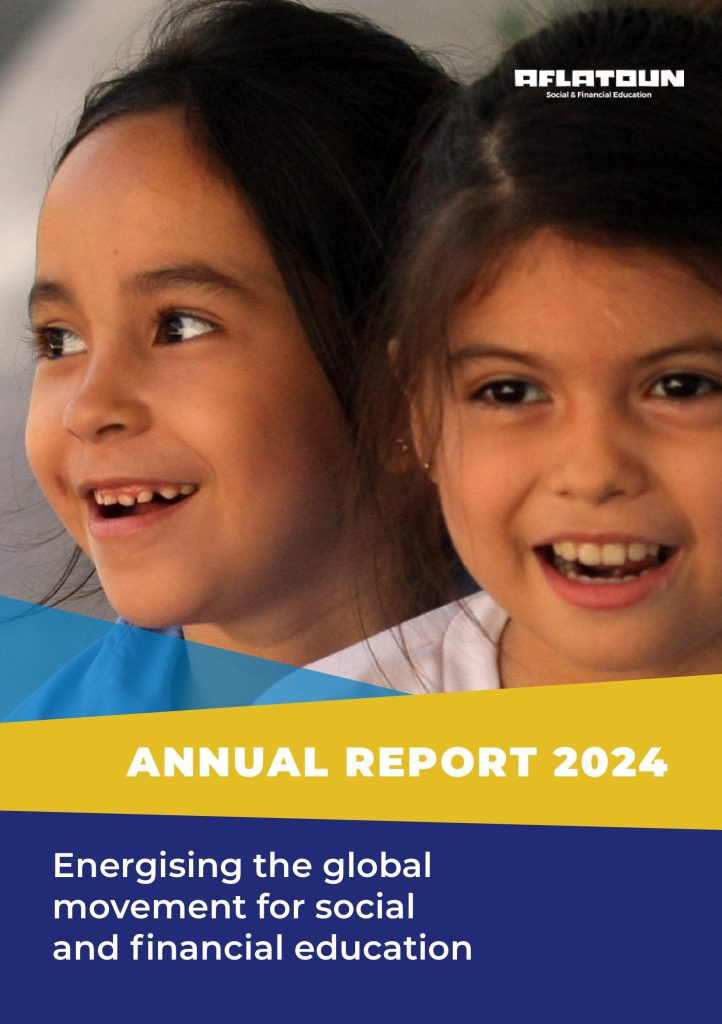Faith Foundation Zimbabwe (FFZ) is a non-profit organisation based in Zimbabwe, dedicated to advancing gender equality by empowering adolescent girls and young women socially, economically, and psychologically. Founded just four years ago, FFZ has made significant developments in addressing social and economic inequality in the country, particularly in low-income urban areas.
Mission of the Foundation
Faith Foundation Zimbabwe (FFZ) is driven by the mission to empower adolescent girls and young women in Zimbabwe by equipping them with the knowledge and skills necessary to make informed life choices while addressing social risks. The organisation accomplishes this mission through different programmes:
FFZ operates dynamic youth clubs designed to improve the understanding of young people about their rights and responsibilities. These clubs serve as platforms for teaching important life skills, enabling participants to make informed choices while reducing social risks. Central to these sessions is a focus on fostering both social and economic empowerment. Recognising the need to address the challenges faced by young girls who are unemployed and out of school, FFZ conducts recurrent programmes for economic empowerment. These initiatives are tailored to equip participants with practical skills, including snack preparation, ice-cream production, detergent manufacturing, and baking. By doing so, FFZ empowers these young women to generate their own income and actively participate in the economic landscape places a strong emphasis on promoting access to menstrual products and comprehensive information related to menstrual and sexual reproductive health. This initiative entails the distribution of sustainable menstrual kits and the facilitation of seminars. By doing this, FFZ empowers young girls with the knowledge they need to make informed choices about their health, fostering greater self-reliance and well-being.
Through these initiatives, FFZ actively pursues its mission of enhancing the lives of girls in Zimbabwe, ultimately contributing to their empowerment, security, and growth.
Partnership with Aflatoun
In January 2022, FFZ partnered with Aflatoun because of shared the common belief that social and financial education can empower young people and create a positive and sustainable future. By integrating the Aflatoun Social and Financial Education (SFE) curriculum with their own, FFZ has been able to increase its impact. The Aflatoun curriculum used by FFZ is “Aflateen+,” which focuses on providing young people with essential life skills related to financial literacy and social awareness.

Importance of Social and Financial Education
Social and financial education is critically important in Zimbabwe, particularly in high-density, low-income urban communities. The organisation recognises that social and economic inequality is a primary driver of poverty in the country. In these urban areas, many young people face challenges coming from a lack of understanding of their rights and personal finances. FFZ believes that addressing this knowledge gap is vital for ending the cycle of poverty and promoting the growth of the community. Urban poverty often goes overlooked in policymaking and poverty reduction efforts, and FFZ seeks to fill this gap by equipping children and adolescents with the skills and resources they need for the challenges they face.
Breaking the Stigma around Mental Health
One of FFZ’s remarkable success stories involves the adoption of social skills by adolescents in their programme. After losing a club peer to suicide, these adolescents took it upon themselves to organise a mental health campaign in their community. This campaign aimed to reduce the stigma around mental health and encourage young people to speak out and seek help for mental health issues. The campaign used activities from the Aflateen curriculum, with adolescents engaging with their peers and discussing the challenges of mental health, including anxiety, depression, and addiction. They used the Image Theatre technique from the Active Learning Methods to vividly demonstrate how these conditions might affect someone their age. Finally, the students highlighted the various resources available to help young people, such as doctors, counsellors, family, and friends.
This success story highlights the impact of Faith Foundation’s work and the Aflatoun programmes in equipping young people with the knowledge and skills to address critical social issues and make a positive change in their communities.












